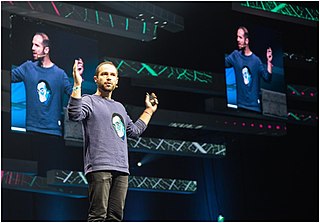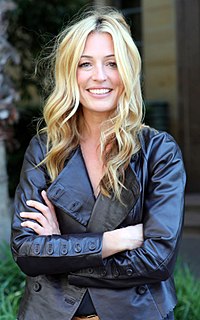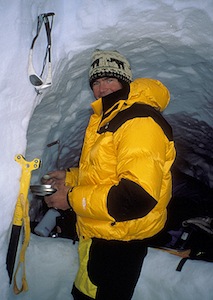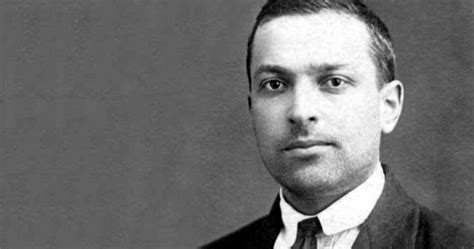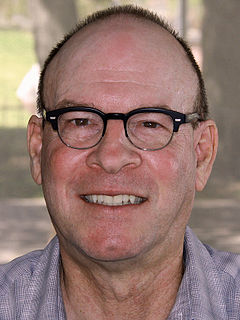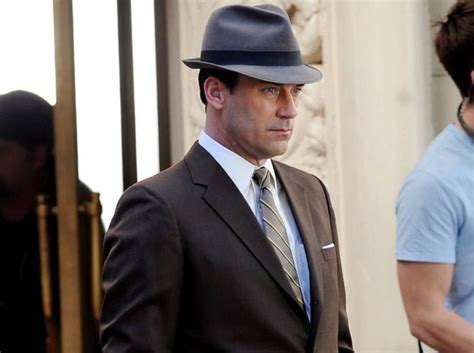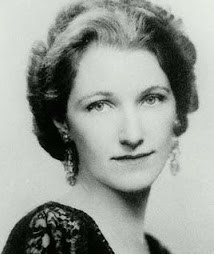A Quote by William Zinsser
All writing is ultimately a question of solving a problem.
Quote Topics
Related Quotes
I am at my happiest when I'm problem solving and a large part of writing is for me a lovely labor in problem solving. Every act of discovery in writing involves a process of figuring out why I'm not seeing what I need to see. Niggling feelings, discomforts, a sense that you've forgotten or overlooked something, a sudden curiosity about what if here? - these are priceless. They are the bases of problems and lead the way.
See, I think our whole society is much too problem-solving oriented. It is far more interesting to participate in 'problem creation'... You know, ask yourself an interesting enough question and your attempt to find a tailor-made solution to that question will push you to a place where, pretty soon, you'll find yourself all by your lonesome - which I think is a more interesting place to be.
The first and foremost duty of the high school in teaching mathematics is to emphasize methodical work in problem solving...The teacher who wishes to serve equally all his students, future users and nonusers of mathematics, should teach problem solving so that it is about one-third mathematics and two-thirds common sense.



